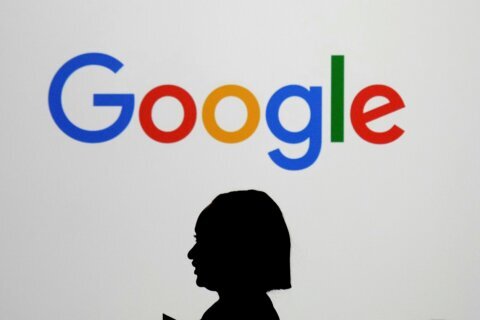WASHINGTON — Imagine streaming a live concert through your hearing aid. With smart technology hearing aids, that is now a possibility.
Out of the 323 million people living in the United States, 48 million Americans have some degree of hearing loss. But hearing aids have come a long way in recent years.
Dr. Becky Beckman, doctor of audiology at Ear, Nose and Throat Associates in Gainesville, said, “They are now internet-connected and so they are able to connect to devices like your cellphone.”
She said you can connect your smartphone directly to your hearing aid to listen to phone calls, music and even the news. These hearing aids can also sync via Bluetooth to smart devices, such as smoke detectors and doorbells.
Beckman said the biggest thing she wants people to know is that hearing loss is treatable and that the new technology is pretty amazing. She said the biggest improvement that she’s seen over the last 15-20 years are hearing aids that can tell the difference between people talking and extra noise.
“So, patients are reporting like never before they are able to hear in midst of background noise, which has always been their major complaint,” Beckman said.
When it comes to specific brands, the doctor says the Oticon Opn hearing aid does a nice job of differentiating between speech and noise.
When Beckman finished graduate school in 2001 that digital technology had already been around for a few years for hearing aids, but many hearing aids were strictly analog. She said a digital chip for hearing aids came out in the mid 90s.
“Just like our cellphones, if you look at technology from the 90s compared to where we are today, things have changed so much in the processing speed within a hearing aid, has gotten so much faster. Just like it’s gotten so much faster in our phones,” she said.
Beckman said a faster processor in a hearing aid helps with sound clarity.
“The faster the hearing aid is, the more that it can process sound, the clearer it is to a patient’s brain. We actually hear in our brain,” Beckman said. “And so we are just trying to provide information to the brain about what’s going on around in the environment, around that patient, knowing that their ear is sort of the broken element in all of it.”
Hearing loss can be age-related, genetic or result from exposure to loud noises or from a combination of reasons. Medications can also become a factor for hearing loss.







